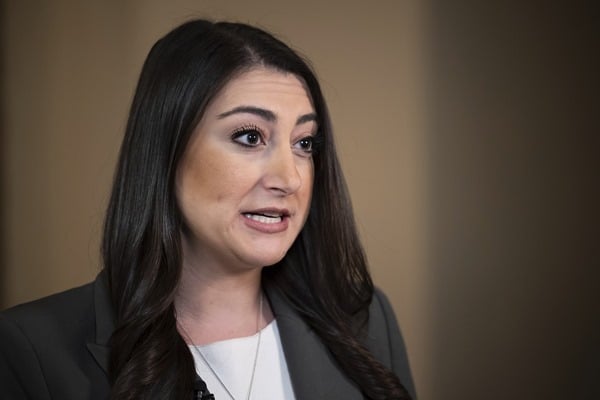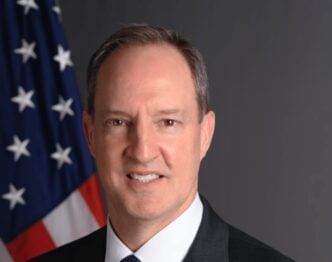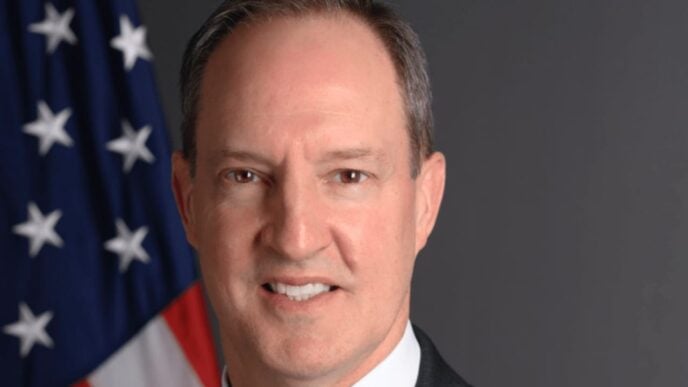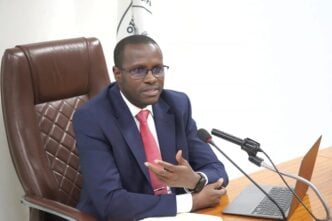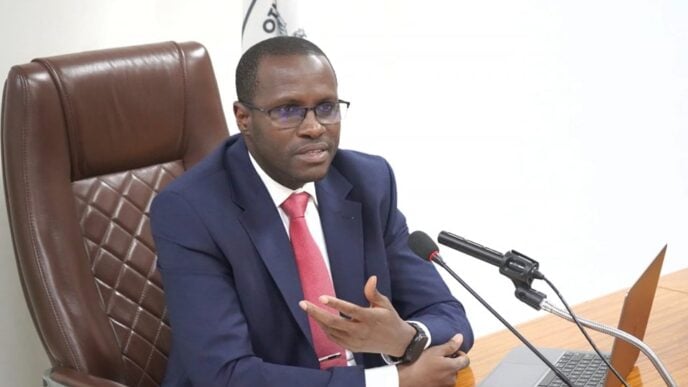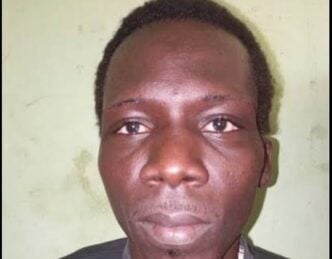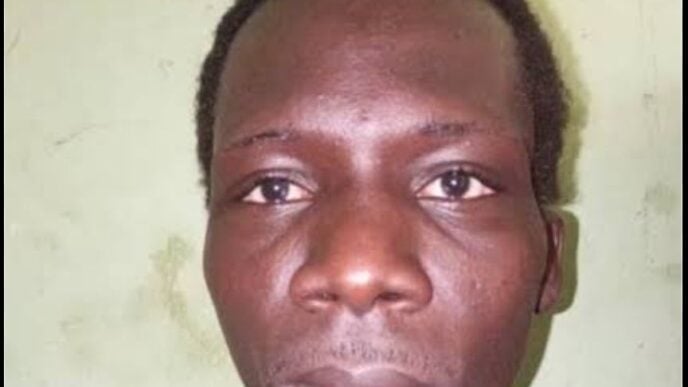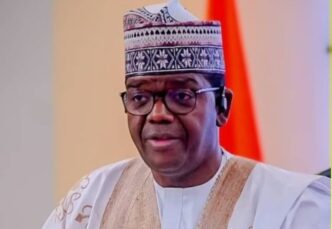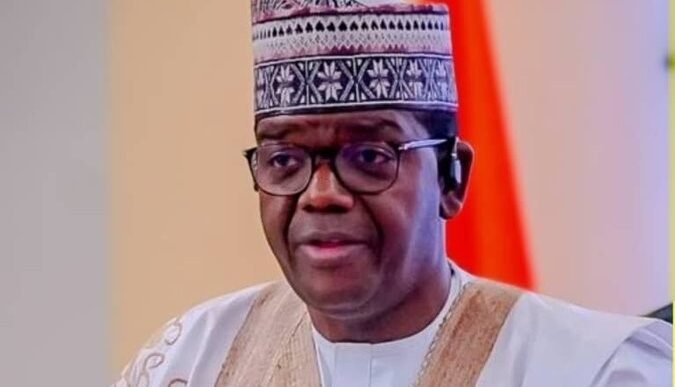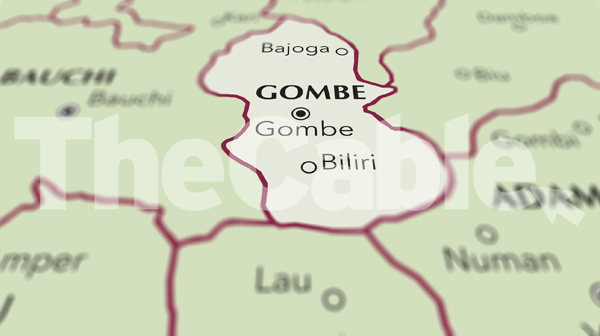US congresswoman Sara Jacobs
Photo credit: Politico
Sara Jacobs, a member of the United States (US) house of representatives, says President Donald Trump’s threat to deploy military action in Nigeria was reckless.
Jacobs spoke on Thursday during a congressional hearing in Washington DC of allegations of Christian persecution in Nigeria.
The Christian persecution narrative had informed Trump’s decision to redesignate Nigeria as a “country of particular concern”.
After the redesignation, Trump threatened that the US military would go into Nigeria “guns-a-blazing to completely wipe out the Islamic terrorists who are committing these horrible atrocities.”
Advertisement
Jacobs acknowledged Nigeria’s persisting insecurity challenges but warned about the religious colouration.
“Distorting what’s happening into a solely religious narrative erases the real drivers of violence and makes it harder to implement effective solutions, and it can fuel violence against the very groups the Trump administration claims it wants to protect,” the US lawmaker said.
“That’s why I’m alarmed by President Trump’s rhetoric about this violence and threats to go into Nigeria ‘guns-a-blazing’ and to wipe out terrorists.
Advertisement
“We are already receiving reports of increased tensions between Christian and Muslim populations following this rhetoric.
“President Trump’s threat is reckless, and any unilateral military action in Nigeria would be illegal.
“Congress has not authorised force in Nigeria to protect Christians, and any action without Nigeria’s consent violates international law.”
The congresswoman said a military-led approach would risk more civilian casualties and impunity, which will only fuel violent extremism.
Advertisement
“We need to use more tools from our foreign policy toolbox if we’re serious about helping Nigeria protect its citizens,” she said.
That means we need to leverage diplomacy and engage with Nigeria on how we can help support their response while pushing for important reforms within Nigeria’s institutions,” she said.
Jacobs also stressed the need to fund programmes to help prevent violence and address conflict drivers.
Advertisement
